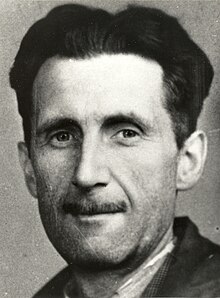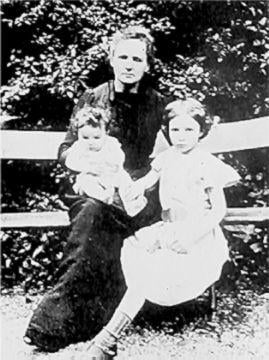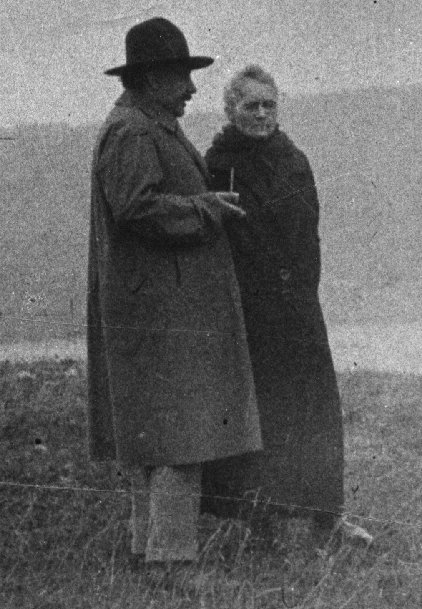By Luke Kristopher Davis
Imagine a world where...
The state, known as Oceania, was in continuous war with Eurasia ... in the end it didn't matter who they were at war with. In the end it only mattered that they were in a state of war. If they could make it appear that the state was in war to the people then that was enough. The party saw war as a political necessity, to keep rations down, to keep blind allegiance to the party, to install in the public a sense of paranoia.
Party members 'or comrades' were drained, labored to exhaustion, tired, under-fed, lonely and squeezed to an ever obeying pulp of human flesh. They were never alone, but they were lonely. They were always watched by the telescreens, even if they were in their own homes they had to be conscious of their facial expressions and their murmuring. Most people trained themselves to appear emotionless, some were actually emotionless. Any twitch of the face, any weird prolonged staring or any sign of intelligence would be a crime. Thinking about Big Brother in a bad way was crime. It was thoughtcrime in newspeak. The party tried to stop rebellion in its infancy, which is to capture the thought... to kill the idea. Once an idea is eradicated from the language of the people then any revolution was impossible they thought.
They were wrong. We are creatures and evolution has formed in us an instinct to desire, to love, to hate, to feel, to indulge, to frolic and to play. You can kill the idea but the idea has an origin, it is within our human make up. Was Big Brother too strong for any revolution to carry momentum ?
Totalitarianism gone mad...
In the real world total control of a state of a fair number of civilians is extremely difficult, there are always gaps and loose ends which evolve into revolts and revolutions. Take a look at China, Libya, Egypt and many once authoritarian country. North Korea is as close to a '1984' state. It is isolated, it may create the illusion of imminent war, it has a figure everyone must obey and love (King Jon Il and King Il sung etc.) they are constrained to think only within the confines of the party. Any sign of rebellion or upheaval will be stamped on and those involved will be sent to labor camps (See... http://newphysicistphi.blogspot.co.uk/2011/12/inside-north-korea.html).
What if a totalitarian state, if it is at all physically possible, would envelope a continent or become a super power? What would such a state look like? George Orwell excellently answers these questions, not entirely based on data or facts (for it would be a complete extrapolation of data anyways) but it is based on extremely thought through politics, experience (as it was written just after the Second World War) and a great imagination. Orwell paints a bleak, inhuman, laborious, repetitive authoritarian world through the eyes of Winston. Orwell makes the point that those in charge of a huge totalitarian state may go in so far as committing its people to crimes of thought, merely thinking about rebellion. They may come to a point where they will re-write history, language and hence truth to keep their people blind, so they have no other conception of society to compare the state too.. hence no discontentment.
Orwell highlights the lunacy of such a state and the inevitability, any rebellion would be near impossible. This is shown at the ending (I won't spoil it here). There are many intelligent themes through the book which one should generally reflect upon: Does truth predicate on language? What is the past? What is history and is it important? Can you kill an idea? The structure of society 'High, Middle and Low' and what does it mean to be human? These are all cleverly weaved into the book.
I cannot stress how phenomenal the book is in its intellectual and political front and the way it is written as a fictional novel. It was written as a warning and as so it does not shy away from some the gruesome consequences of such a regime. It really does highlight the mindset of dictators or the rationale (the apparent rationale that is) they go through to build and believe in their regimes.
This book will change your life, it still has the power to do that. After reading it for the first time (I am listening to it as I write now, in audio form) it made me observe the political structure of the country I am in and the elements of humans that would be crushed if any totalitarian state would ensue. Now I am interested in how it would kill science, knowledge and any higher ambition in life then to just persist through time.
Read it.
But just remember... Big Brother is not watching you.








